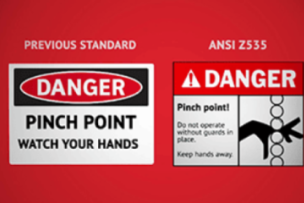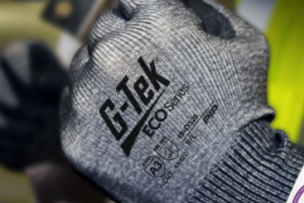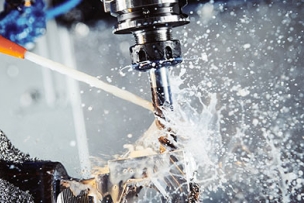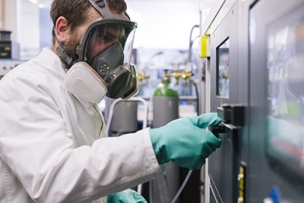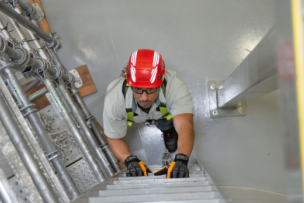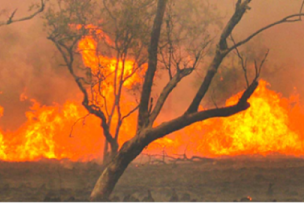ANSI Z535 Safety Signage Standards address different elements of safety signage, are organized into six sections.
When it comes to evaluating the protection levels of work gloves, two major industry standards are recognized worldwide: ANSI/ISEA 105-2016 and EN 388:2016.
Millions of workers are exposed to metalworking fluids every day. Manufacturing businesses need to understand the risks that metalworking fluids pose to people, the regulations to comply with, and the steps to take to protect employees.
MCR Safety details the updates to the ANSI/ISEA 105 PPE marking update which addresses the classification and testing of hand protection related to chemical and industrial applications.
A successful waste management program should go beyond checking boxes for compliance. It can help businesses operate efficiently, protect workers and contribute to environmental sustainability. Here’s a guide for manufacturers.
Air quality sampling helps employers determine whether they’re complying with OSHA’s strict exposure limits for certain airborne contaminants and when extra precautions are necessary to keep workers safe.
The OSHA fixed ladder regulation (1910.23) requires a personal fall arrest or ladder safety system on fixed ladders over 24 feet.
Safety audits help manufacturing companies meet regulatory standards and uncover areas of improvement, ultimately protecting workers, minimizing lost time and boosting productivity.
The California Department of Industrial Relations’ Occupational Safety and Health Standards Board (Cal/OSHA) has adopted a regulation requiring employers to provide respiratory protection to all employees working outside for longer than one hour when the air quality index (AQI) reaches 151 or greater.
The new ANSI standard for heat stress management mandates access to electrolyte replenishment beverages free of charge.

